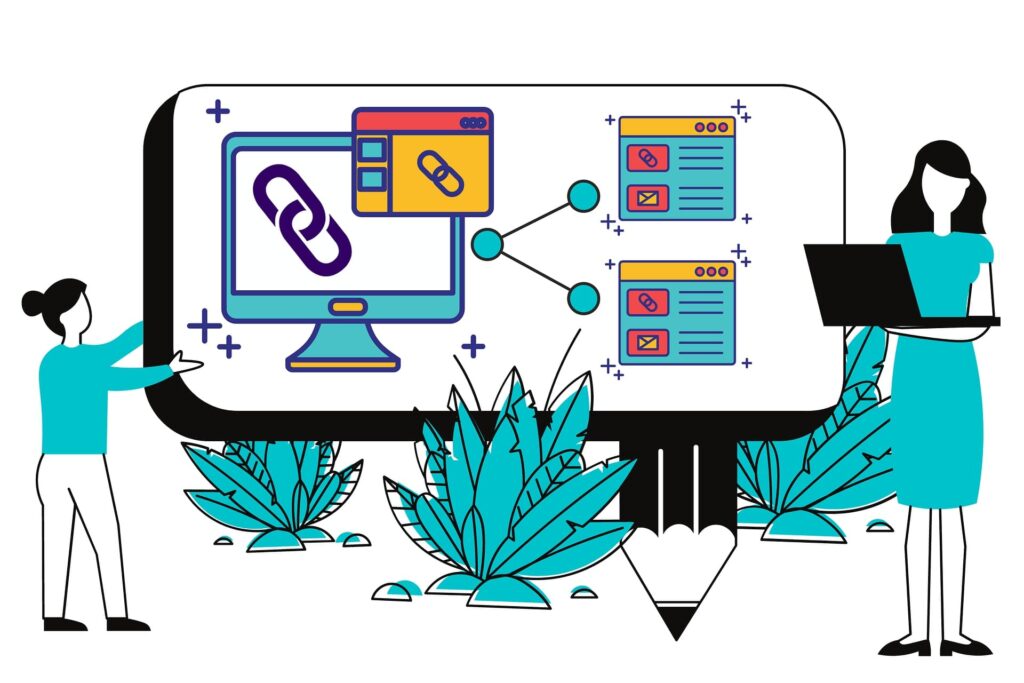Soft skills are an important part of any career. They are skills that can’t be taught in a classroom or learned from a textbook. Instead, they involve the way you interact with other people, the way you communicate, and your ability to work well on a team.
Soft skills, like any other skills, can be honed by an individual just as he or she can hone programming skills or bike-riding skills or cooking skills. We may not be able to fully ‘teach’ soft skills (as we could teach say a programming.
The Ace Of Soft Skills: Attitude, Communication And Etiquette For Successby Gopalaswamy Ramesh
To succeed in life, developing these soft skills is important.
This article will discuss the top twenty soft skills that will help you succeed in life.
Quick Links
What is Soft Skill
Soft skills are personal qualities and attributes that enable you to interact effectively with others and succeed in your personal and professional life. They include communication skills, emotional intelligence, adaptability, and problem-solving.
They are important because they help you build relationships, solve problems, and navigate complex social situations. They are also often referred to as “people skills” or “interpersonal skills,” as they involve how you interact with and relate to others.
In contrast to hard skills, specific technical abilities that can be learned through education and training, soft skills are more general and often relate to your personality and character.
Why Soft Skills Matters
Here are ten reasons why soft skills are important:
First, they help you build and maintain relationships: Soft skills like communication, empathy and interpersonal skills are essential for building and maintaining positive relationships with others.
They help you communicate effectively: Effective communication is crucial for getting your message across and for understanding the perspectives of others.
They help you solve problems: Soft skills like problem-solving, critical thinking and creativity can help you identify and solve problems more effectively.
They help you adapt to change: Being adaptable and flexible allows you to navigate new situations and environments easily.
They help you lead and motivate others: Leadership skills like team building, motivation, and conflict resolution are important for inspiring and guiding others toward a common goal.
They help you make better decisions: Emotional intelligence and self-awareness can help you better understand your own emotions and those of others, leading to more effective decision-making.
They help you manage your time: Time management skills allow you to make the most of your time and achieve your goals more efficiently.
They help you negotiate and resolve conflicts: The ability to negotiate and resolve conflicts effectively is important for achieving mutually beneficial outcomes and maintaining positive relationships.
They help you learn and grow: Soft skills like self-awareness and self-reflection can help you identify areas for personal growth and development.
They help you stand out in the job market: In today’s competitive job market, soft skills can set you apart from other candidates and make you more attractive to employers.
Top Twenty Soft Skills
There are scores of “soft skills” loosely defined. If we try to randomly list down the soft-skill requirements for a position, we may get hopelessly lost and may end up with a list with which we can do little.
Employee Relations Management
by P. N. Singh
However, we have tried to track down the top twenty soft skills we need to succeed. So, here are twenty important soft skills that can help you be successful in life:
Communication skills: effectively communicating with others is crucial for building relationships and achieving success. Therefore, communication skills are considered primary soft skills.
Emotional intelligence: Emotional intelligence is the ability to recognize and understand your own emotions, and the emotions of others are important for building strong relationships and making good decisions.
Adaptability: adapting to new situations and environments is important for success, as it allows you to adjust to change and find solutions to problems quickly.
Leadership skills: Leadership skills can help you inspire and motivate others to achieve a common goal.
Problem-solving: Identifying and solving problems is an important skill in any field.
Creative Thinking: Creative thinking allows you to develop new ideas and find innovative solutions to problems.
Interpersonal skills: Building and maintaining positive relationships with others is important for success in both personal and professional settings.
Time management: Effectively managing your time allows you to make the most of your day and accomplish your goals.
Teamwork: The ability to work well with others and contribute to a team is crucial for success in many fields.
Negotiation: Effectively negotiating and reaching mutually beneficial agreements is important in many areas of life.
Conflict resolution: Resolving conflicts and finding solutions that work for everyone involved is an important skill.
Empathy: The ability to understand and share the feelings of others is important for building strong relationships and effectively communicating with others.
Assertiveness: The ability to express your needs and opinions respectfully is important for getting your point across and standing up for yourself.
Confidence: Confidence in your abilities allows you to take risks and pursue your goals with determination.
Persistence: The ability to stay committed and keep trying even when faced with challenges is an important quality for success.
Resilience: The ability to bounce back from setbacks and failures is crucial for success in any field.
Flexibility: Being open to new ideas allows you to adapt to changing circumstances and find new ways to solve problems.
Initiative: Taking the initiative and being proactive can help you seize opportunities and take control of your success.
Responsibility: Being responsible and reliable is important for building trust and credibility with others.
Self-awareness: Knowing your strengths and weaknesses allows you to focus on your personal development and work on areas that need improvement.
Bottom Line
In the contemporary world, where everything is a competition, people are judged by their performance in school and work. Thus, we often see that people spend a lot of time mastering their skills and neglecting their soft skills.
However, soft skills are equally important for success in life. They can be used to get the job you want and maintain relationships with others.
There is no definitive list of the “top” soft skills, as the importance of different skills may vary depending on the individual and the specific context or situation. However, some soft skills are important for success in many areas of life.
Sharing is Caring

























